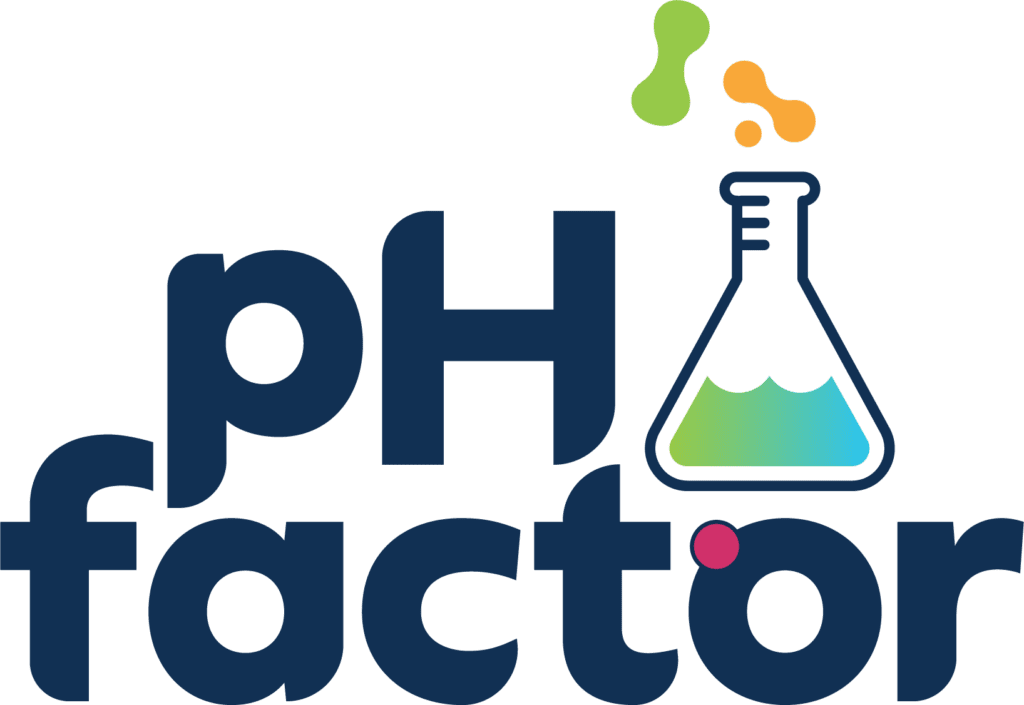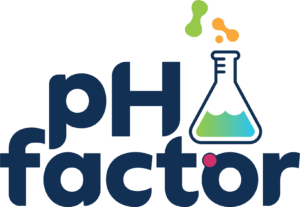Many of us think about our hair and how it looks and not necessarily about what is keeping it looking shiny and healthy. It is the Scalp, and we are quickly realising that Healthy scalp skin is a prerequisite for great-looking hair, but an inflamed, itchy or dandruff-prone scalp is far more than just an aesthetic issue.
There are many Scalp conditions and 10 of the most common are:
- Seborrheic Dermatitis.
- Male Pattern Baldness (MPB)
- Contact Dermatitis.
- Telogen Effluvium.
- Folliculitis.
- Alopecia Areata.
- Psoriasis.
- Tinea Capitis
Last week we talked about the effect of hair loss, the causes, the effect on people and the astonishing amount of people it affects and some solutions to deal with it.
This week we want to go a bit deeper into some scalp conditions and how different cultures learn to cope with them.
Over 50% of Australians suffer from Dandruff or one of the above scalp conditions mentioned above.
The Asia-Pacific professional scalp treatment products market is projected to record a CAGR of 5.28% during the forecast period (2020-2025).
Increased hair loss and scalp problems, due to changing lifestyles and exposure to the environment, have primarily driven the hair care products market’s growth, across the region. There has been an increase in the demand for natural and organic scalp treatment products, which encourages the consumers to spend more on organic products, such as shampoos, conditioners, hair oil, and serums, owing to the benefits associated with them.
One of the rapidly growing markets we are seeing in Australia is with Women wearing Hijabs and men wearing turbans.
With 3.2% of the Australian population being Muslim the Muslim women whom where a hijab are at particular risk of hair breakage and hair loss due to scalp conditions from consistently wearing a scarf. They can wear a breathable scarf material like cotton or silk to be kind to their hair and scalp to minimise conditions., however their hair beneath the scarf still has unique needs.
It is of concern to keep the hair clean and fresh and not having the scalp feel irritated and itchy, this is especially a challenge in the warmer more humid months.
Hijab hair loss, also known as hijab alopecia, is a form of traction alopecia. It’s a condition that occurs when the hair roots experience chronic tension for an extended period. A hijab constantly pulling at your roots can traumatize the hair, damage the follicle, and cause it to fall out.
For years the needs of the Hijab women and their hair have not been met and now as we do more research the are opportunities opening up for new products in this space. However, these women want products that respect their believes and their faith and want products to be Halal.
The halal beauty market is on the rise. In 2013, Muslim people spent $46 billion on cosmetics. By 2019 that figure is expected to increase to $73 billion – making up over 8.2% of global expenditure. Of this, a significant share will go to the halal segment.
Halal isn’t just about food and drink; it covers all matters of day-to-day living and is an attitude of doing something good for human beings. Halal-certification reassures Muslim consumers that the products they use are natural, pure and hygienically manufactured, and animal-cruelty free.
Halal products are often natural, with a focus on herbal/botanical and food ingredients. Lets take a look at some of these ingredients that can help keep the hair cool an hydrated under their scarf.
Maltodextrin (and) Schinus Terebinthifolia Seed Extract is derived from the upcycled pink berries of Schinus terebinthifolia. It soothes irritation for scalp relief, minimizing redness, itching, flakes and scales. To offer an efficient solution for scalp health and shows results on those who frequently wear a hijab or helmet. It showed an overall improvement of scalp conditions associated with a decrease in redness, a reduction in itching, and a decrease in the appearance of flakes and scales
Potassium Azeloyl Diglycinate.: This acts as an anti-bacterial and keratolytic, returning any skin abnormalities back to normal therefore conditioning, hydtrating and soothing the scalp.
Tamanu oil: Is lush with antioxidant, anti-bacterial, antimicrobial and anti-inflammatory benefits. It’s also an analgesic and offers superior anti-itching benefits, which make it ideal in reducing dry, flaky scalp, dandruff and even reducing psoriasis symptoms. Being anit-inflammatory helps promote a better environment for hair to grow long and strong. It calms the scalp as an anti-inflammatory and its antimicrobial properties mean hair follicles are healthy and unobstructed to grow the healthiest hair possible
Seaweed extracts are mineral-rich and add protection to the hair to reduce moisture loss. Beneficial nutrients and vitamins from seaweed extract assist limp or flat hair types. Seaweed proteins strengthen roots, add body and shine and condition the scalp and hair.
Seaweed can contain the well-known elements collagen and other nutrients that are responsible for hair recovery, hydration, mineralisation and also its thickness! Owing to the abundance of zinc and vitamins A and C in some seaweed, they may also stimulate hair growth and production
Do not let hair problems hamper your hijab style. Maintaining your religious values shouldn’t have to come at a cost.

